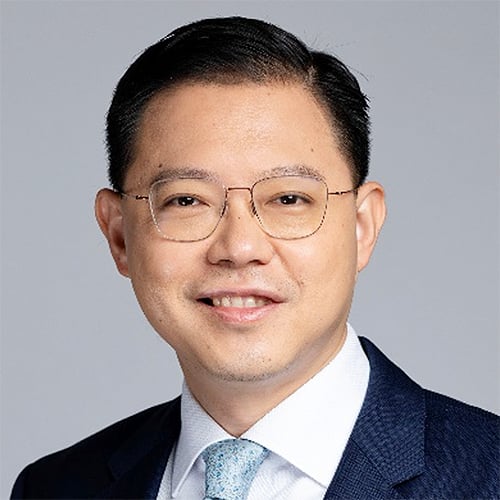A major Belt & Road Initiative project in Africa is running into trouble, after Tanzania suspended the development of Bagamoyo port.
President John Magufuli told local media that the Chinese port developers had put in place “exploitative and awkward” terms in order for financing to be provided, adding that these constituted “tough conditions that can only be accepted by mad people.”
China Merchants Holding International wanted a 99-year lease to operate the port.
Tanzania Ports Authority Director General Deusdedit Kakoko also told local press in mid-June that the Chinese side had also asked the Tanzanian government to indemnify them against potential losses during the project implementation stage. They also wanted tax waivers including Value Added Tax. Since China would control the port throughput and conduct the audit process, the project would lack transparency.
Another problem for the Tanzanian side is the plan for a nearby trade zone. This Portside Industrial Zone would be developed under a tripartite agreement involving the Government of Tanzania, China Merchants Holdings International, and the State Government Reserve Fund from Oman. Tanzania feared a loss of control over companies setting up in this zone.
The lack of transparency, and the way in which China likes to control investment zones alongside port projects, goes to the heart of criticism of the BRI in Africa.
The port facility and associated economic zone were billed as a US$10 billion project, one of the biggest BRI projects on the African continent.
African countries want to kickstart economic development with better infrastructure. But they need loans from China to get projects off the ground, and China drives a hard bargain. The global example most often cited is Hambantota Port in Sri Lanka, operated by China Merchants Group, which has a 99-year lease negotiated as part of a debt to equity swap after Sri Lanka found it hard to service its project loans.
China Merchants Holding International signed an initial agreement on the Bagamoyo Port in March 2013, during the visit of the Chinese President Xi Jinping. The foundation stone was laid by previous President Jakaya Kikwete. President Magufuli won the October 2015 election, and was sworn in on November 5, 2015.
In addition to the specific terms of the Bagamoyo agreement, there are also concerns about the extent of port development along the East Africa coast.
Kenya is currently modernizing Mombasa port and also constructing a sizeable new port at Lamu, which will also serve freight traffic out of Ethiopia and Southern Sudan.
Tanzania itself is upgrading its port at Dar es Salaam, and the concern is that there will not be enough traffic to make all projects viable.
Nonetheless, container shipping costs tend to be high out of Africa, and there is clearly a need to improve efficiency in this area. China has the capacity to develop new port projects, and can provide the financing as well - a package which has proven attractive to many African governments.
China would have had the chance to address the matter on June 25, during a meeting held in Beijing with over 80 African ministerial-level officials.
African foreign ministers were among those present at the Coordinators' Meeting on the Implementation of the Follow-up Actions of the Beijing Summit of the Forum on the China-Africa Cooperation (FOCAC), with the aim of better implementing the outcomes of Beijing Summit in 2018.
Chinese Foreign Minister Wang Yi held meetings with foreign ministers from nine African countries. They were Naledi Pandor from South Africa, Palamagamba Kabudi from Tanzania, Ezechiel Nibigira from Burundi, Aurelien Agbenonci from Benin, Nhial Deng Nhial from South Sudan, Mamadou Tangara from Gambia, Joseph Malanji from Zambia, Luis Filipe Tavares from Cape Verde, and Gbehzohngar Findley from Liberia.
At the G20 meeting in the Japanese city of Osaka on the last weekend of June, President Xi Jinping put forward a three-point proposal on building a closer community with a shared future between China and African countries.
On the sidelines of the G20 summit in Osaka, Xi chaired a China-Africa leaders’ meeting on June 28, which was also attended by South African President Cyril Ramaphosa, also former African co-chair of the Forum on China-Africa Cooperation (FOCAC); Egyptian President Abdel-Fattah al-Sisi, also rotating chair of the African Union; Senegalese President Macky Sall, current African co-chair of the FOCAC; and UN Secretary-General Antonio Guterres.
Xi said the countries should align the construction of the Belt and Road with the AU’s Agenda 2063, the UN’s 2030 Agenda for Sustainable Development and the development strategies of African countries, and bring more visible and tangible benefits to the peoples of China and Africa through the implementation of the outcomes of the FOCAC Beijing summit.









